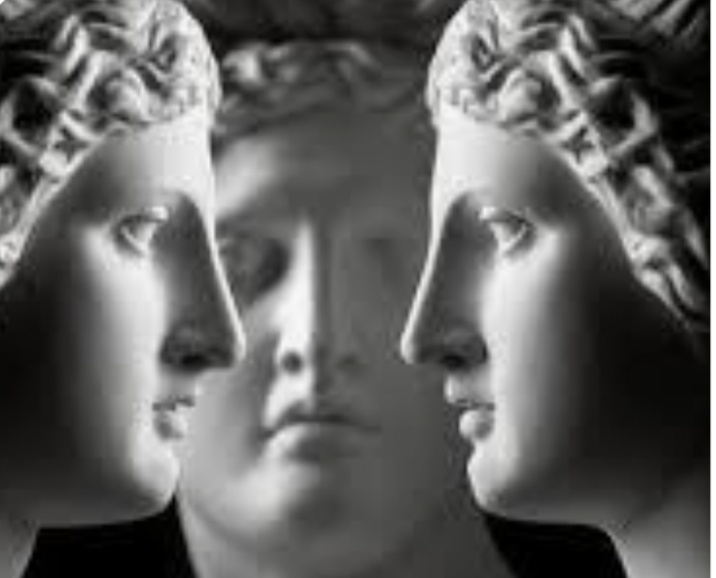“The concept of families and family life evolved gradually over a long period of human history. Anthropological evidence suggests that the earliest human ancestors likely lived in small, loosely organized social groups rather than formal family units.
As human societies became more complex, the family unit emerged as a fundamental social structure. Historians believe that the development of agriculture around 10,000 years ago was a major driver in the formation of more cohesive family groups. The need to manage land, livestock, and resources led to the establishment of household-based production and the organization of life around the family.
Over time, the family took on various forms in different cultures, but generally consisted of a basic unit centered around a married couple and their children. This nuclear family model became widespread, though extended family structures with multiple generations living together were also common in many societies.
The specific social and cultural forces that influenced the evolution of the family concept are complex and varied. Factors such as economic systems, religious beliefs, legal frameworks, and gender roles all played a role in shaping family structures throughout human history. The family continues to evolve today as social norms and expectations change.”


